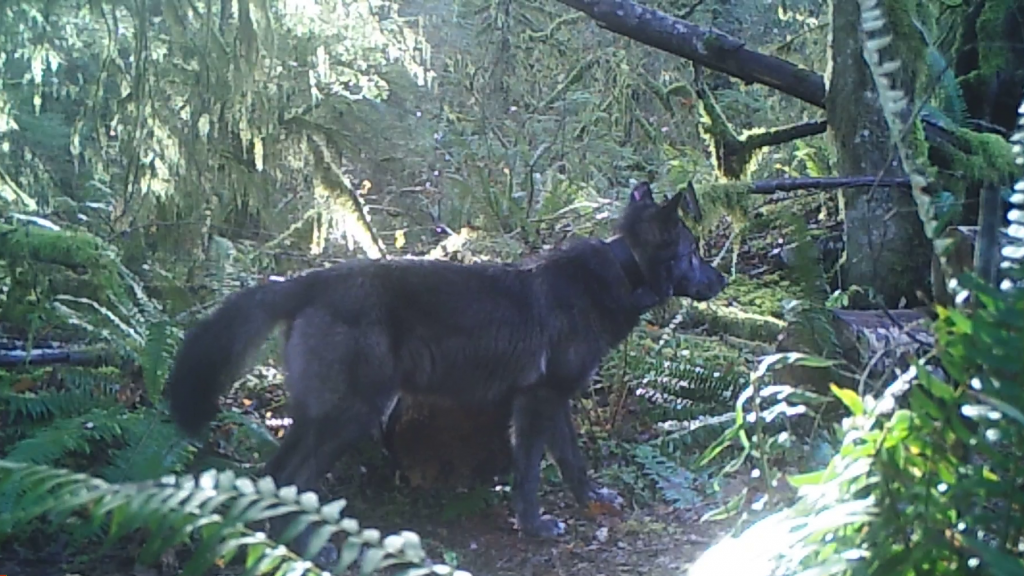Northwest Federal Gray Wolf Delisting ‘Imminent’
Gray wolves in the western two-thirds of Washington and Oregon, as well as the rest of the country, could finally be federally delisted by the end of 2020, according to reports earlier this week.
“We’re working hard to have this done by the end of the year and I’d say it’s very imminent,” Aurelia Skipwith, director of the U.S. Fish and Wildlife Service, told the Associated Press.

She said that gray wolves in the Lower 48 are “biologically recovered.”
It would mean WDFW and ODFW would take over full management of the species throughout their respective states, nine-plus years after wolves were Congressionally delisted in their eastern thirds and the Northern Rockies in 2011.
As of Dec. 31, 2019, there were a minimum – meaning, at the very least – of 145 known wolves in Washington and 158 in Oregon.
That figure has likely ballooned with new litters, but will also shrink back toward somewhat higher figures than at the end of last year due to natural and other causes of mortality, and dispersals both in and out.
Right now USFWS is technically the lead agency for wolves west of Highways 97, 17 and 395 in Washington and Highways 395, 78 and 95 in Oregon.
East of that line are where most wolves live in Washington and Oregon, and specifically in their northeastern quarters, but some packs also occur in the Cascades.
If all this delisting talks sounds familiar, it’s because it’s not the first time USFWS has proposed declaring wolves recovered in these parts.
In 2013 the Obama Administration did so, but that was derailed by environmental groups’ lawsuits involving Great Lakes packs.
In mid-2018, USFWS quietly put out word it had begun “reviewing the status of the species” again, with an initial hope of getting a delisting proposal onto the Federal Register by the end of that year.
That didn’t happen, but in spring 2019 the feds again proposed delisting and opened a 60-day comment period, then extended it for another two months.
There hasn’t been much news on it since then.
“We just want to be sure we’re covering all the bases,” Skipwith told the AP.
Among the 757,000-plus comments that poured in last year, WDFW Director Kelly Susewind said his agency was “well-prepared for this proposal to be enacted,” given the state recovery plan, dedicated funding sources, Wolf Advisory Group and stakeholder cohesion, wolf-livestock protocols, and initiation of postdelisting planning.
ODFW did not have an immediate comment this afternoon. After its director sent a letter supporting delisting, Oregon Governor Kate Brown reversed that.
Now it appears USFWS is ready to trump her.
